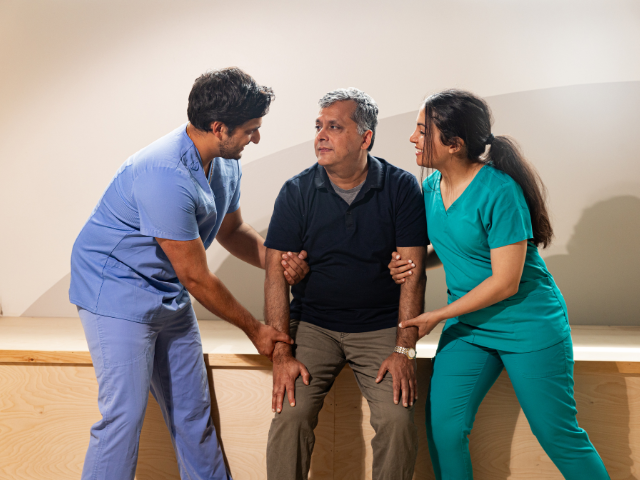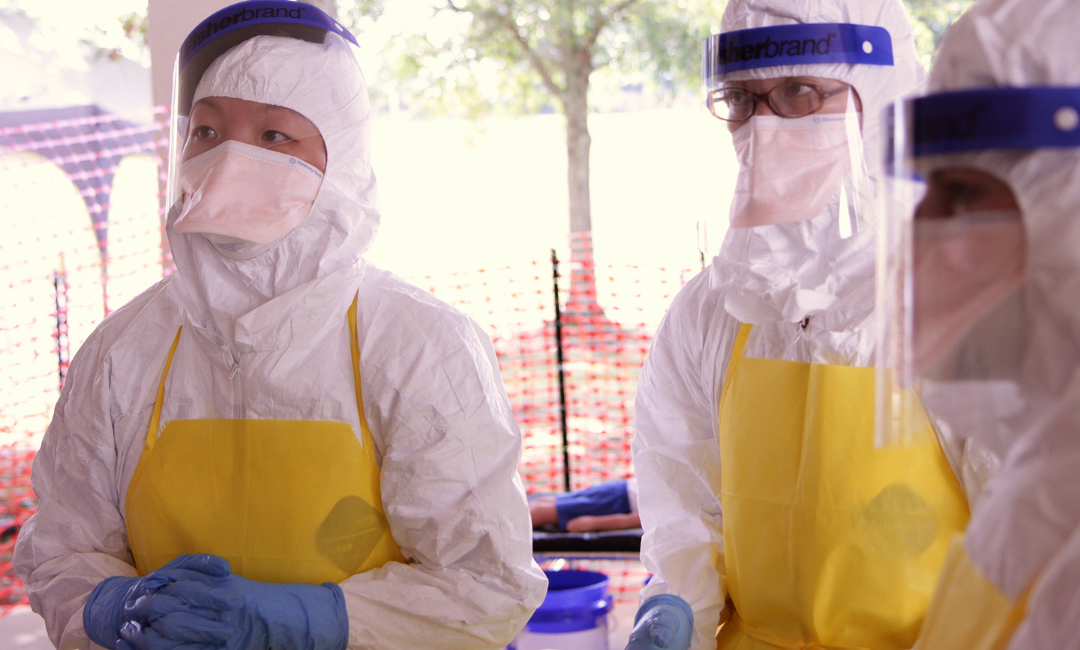Other Aspects of the Proposal
Porter said that while the proposal focused on Medicare fee-for-service rates, it should still be top of mind that “nearly two-thirds of nursing home residents rely on Medicaid, and an increasing percentage of short-term patients are now on a Medicare Advantage plan.”
“We will continue to encourage policymakers to consider this tapestry of government programs that contribute to our providers’ ability to maintain access, enhance quality care, and invest in improvements,” Porter said. “Our nation’s leaders must ensure that our Medicare and Medicaid programs are strong, so that nursing homes can continue to care for America’s seniors and the most vulnerable.”
CMS also has proposed adopting a “reconsideration process” that allows facilities to appeal CMS decisions related to performance standards. The appeals would be able to occur prior to any data being made public.









